|
Activists, local residents are fighting a proposed coal export facility in one of the nation’s most polluted cities From Oregon, to Texas, to Washington DC, environmental advocates across the United States are involved in battles against fossil fuel infrastructure expansion. So far, however, northern California has largely escaped these big industry vs. activist showdowns. Yes, there have been protests in Oakland and marches in Richmond, but there hasn’t been a local Keystone to rally around. That may soon change if private developers in Oakland proceed with a plan to export coal through the old Oakland Army Base.
The history behind the proposed coal terminal is somewhat convoluted. Back in 2013, the Port of Oakland received two bids to construct coal export facilities at the port’s Howard Terminal. One of these bids — from a Kentucky-based coal company called Bowie Resource Partners — proposed a facility with the capacity to export 4 million tons of coal annually, as well as 1 million tons of petroleum coke. The second bid, submitted by by Kinder Morgan, Metro Ports, and California Capital Investment Group (CCIG), included a facility with a likely coal export element. The Port of Oakland rejected both proposals in 2014 based on environmental impacts and public health concerns, among other factors. Working to expand coal mining operations in Utah, and facing slumping domestic coal sales, Bowie Resource Partners then turned its sights upon the Oakland Army Base redevelopment project as a potential option. The project, which was approved by the city in 2012, includes plans for a bulk commodity export terminal. In April of this year, four counties in Utah were approved for a $53 million loan from the Utah Permanent Community Impact Fund Board (CIB). As the East Bay Express reported, the loan was intended for investment in the Oakland export terminal, in a process that was “driven by a secretive Kentucky-based coal company, Bowie Resource Partners.” In exchange for the proposed investment, the Utah counties would gain rights to 49 percent of the terminal’s annual shipping capacity, which would make the Oakland facility California’s largest coal export terminal. (In a sad, if ironic, twist, the CIB was established to help mitigate the impacts of natural resource development in Utah.) The army based redevelopment project is being spearheaded by CCGI. Initially, many East Bay residents embraced the project as a source of jobs, but the revelation that it might include a coal export component has been met with outrage by those concerned about potential impacts on public health and the environment. Local advocates have sprung to action in a broad coalition of environmental justice, public health, labor, and faith-based groups opposing the plan. Activists are especially concerned about the impacts of coal dust in an Oakland community that is already overexposed to particulate pollution. Among other health impacts, exposure to particulate pollution has been tied to respiratory problems, non-fatal heart attacks, cardiovascular disease, and adverse birth outcomes. Long-term exposure to toxic metals in coal has been linked to increased cancer risks. “The case we’re making is that this is a health and safety risk, most immediately because of what they call fugitive coal dust, which is the dust that escapes off the railway cars” says Margaret Rossoff of the Sunflower Alliance, a Bay Area climate justice organization. The developers have said they will cover train cars carrying coal from Utah to Oakland, “but as far as we can tell, there is nowhere in the world where covered coal cars are in operation,” she says. “Coal is dead,” Margaret Gordon, co-director of the West Oakland Environmental Indicators Project, adds. “We don’t need it. It causes too many health problems for so many different people worldwide.” Activists are also concerned about the climate implications of continued reliance on coal, and the complicated impacts that global warming and rising sea levels could have on the health of Oakland residents. “We are particularly worried because the development is right in West Oakland, which is already getting more than its share of pollution of all kinds,” Rossoff says. “So it’s a question of environmental justice that this particular community, which is already heavily, heavily impacted by the fossil fuel industry, would be [impacted] even more.” When Phil Tagami, CEO of CCIG, first obtained city approval for the redevelopment project in 2012, he indicated that he was not interested in using the terminal for coal exports. But in a more recent public statement on the matter, he noted that CCGI’s development agreement with the city authorizes it to build “a facility capable of handling all foreseeable and legal bulk commodities,” including coal. This agreement predates an Oakland resolution that was passed in July opposing the transport of fossil fuels through the city. Because the Oakland resolution was passed after the development agreement had been finalized, it does not automatically preclude fossil fuel shipments through the terminal. However, the development agreement does allow the city to apply new regulations to the project if the city determines, “after a public hearing,” that the failure to do so would place neighbors “in a condition substantially dangerous to their health or safety.” The City Council held a public meeting on the health and safety impacts associated with a coal export facility in September, where, according to Rossoff, more than 600 people signed up to testify about the plan. The council is expected to announce its decision regarding the use of the terminal for coal exports on February 16 next year. So far, at least three council members have expressed opposition to the use of the terminal for coal exports. “West Oakland cannot be subjected to another dirty industry in its backyard,” Lynette Gibson McElhaney, president of the Oakland City Council, said in a press release. “I see coal exports as the Trojan Horse in the development of the Oakland Army Base — it is not the type of economic development that we want.” Ted Nace, director of Coal Swarm — an Earth Island project that serves as an information clearinghouse for citizens’ movement to address the impacts of coal — is confident that environmental justice and public health advocates will ultimately prevail in Oakland. “I believe you will never see [the terminal] built,” he says. “But if they try to build it, they would be a tremendous target for direct action by groups like Rising Tide. It is very close to a major population center that is very aware of global warming as a big issue.” If anything, Nace thinks the Oakland proposal could help mobilize anti-coal campaigners in California. “It provides a campaigning target and helps the movement,” he says. http://www.earthisland.org/journal/index.php/elist/eListRead/a_coal_terminal_in_oakland/
1 Comment
Mary Anne Hitt December 14, 2015 3:00 pm The San Francisco Bay might be the last place that comes to mind when you think of dangerous coal projects. But as it turns out, there’s a big coal export proposal in Oakland, intended to ship coal to Asian markets from our nation’s biggest coal reserves, in the Western U.S. And the project is facing massive resistance. Last week hundreds of activists and community leaders gathered in Oakland, California, for a rally against the proposed coal export facility and also for a teach-in about the alignment of the campaign to block coal exports with struggles for social, economic and racial justice. The San Francisco Bay Sierra Club united with SEIU Local 1021, No Coal in Oakland, Fight for 15 and Black Lives Matter for the events. Activists have been working for months to convince the Oakland City Council to block the proposed coal export terminal slated for a former Army base in Oakland. The Oakland City Council had committed to voting on this issue by Dec. 8, but then delayed their vote to February. Activists gathered at city hall on Tuesday, Dec. 8, to make their voices heard and gather for a community teach-in that brought together a broad intersection of Oakland activists. “If Oakland Bulk and Oversized Terminal is allowed to store coal on City of Oakland-owned land, it will greatly impact the lives and lungs of people in the Oakland flatlands, who are the most vulnerable members of our community,” said Margaret Gordon, co-founder of West Oakland Environmental Indicators Project. “The developer never proposed coal as a commodity until after agreements were signed with the city. Even now, the developer doesn’t have the funding together to make this terminal a reality without the cooperation of state and local government. The City of Oakland should take the strongest possible stance in opposing the storage of coal at the Oakland Bulk and Oversized Terminal.” CCIG, the developer of the proposed export facility, promised not to include coal as a commodity handled by the terminal, but is now soliciting a partnership with four Utah counties that could allow the terminal to export up to 10 million tons of coal from their mines each year. A Utah funding body approved $53 million to buy space at Oakland Bulk Terminal for these exports. This deal is being conducted behind the backs of the Oakland City Council and the Port, both of which oppose coal as a commodity for shipping in Oakland. While the Mayor, members of the council and residents have demanded a stop to this backroom deal, the developer has yet to abandon the plans. Those opposing the plan to export coal through Oakland have voiced concerns over how this decision will affect the community’s safety, the environment and public health. “Low-income communities of color disproportionately overburdened by pollution are on the front lines of potential train derailment in West and East Oakland,” said Ernesto Arevalo, East Oakland environmental justice and housing advocate. “The transportation of coal is another burden to these communities that are already facing other environmental risks and displacement.” This deal will also undermine California’s strong commitment to cutting carbon pollution, as the state continues to suffer from extreme drought, forest fires and other signs of climate disruption. With U.S. coal use in sharp decline, thanks to nationwide grassroots advocacy over the past decade, mining companies are looking to Asian markets as their last hope. But they can only expand coal exports from our nation’s largest reserves—in the Western U.S.—if large new port facilities are opened up on the West Coast. Those proposals have consistently met a massive wall of opposition from local residents and elected officials concerned about clean air and water, public health and climate change. “We believe it is so important that there be no coal in Oakland because of profound health concerns of residents,” said Dominic Ware and Chris Higgenbotham of Black Lives Matter Bay Area in a joint statement. “We’ve already seen the impacts of gentrification in West Oakland. Now we’re being exploited in another way by coal companies who want to pollute our communities.” The community leaders and coalition vowed at the teach-in to keep up the fight against the coal export plan as long as it takes—they are united in their opposition and working together for sustainable opportunities for the area. The speakers explored ways that environmental justice intersects with economic and racial justice. For example, for workers without access to sick days, asthma triggered by air pollution can mean losing their jobs, which in turn can lead to displacement from communities like Oakland that are experiencing an affordable housing crisis. Here’s one short presentation from International Longshore and Warehouse Union Local 10 in Oakland about their opposition to the coal export plan.
“What does social justice look like?” said Shonda Roberts, activist with Fight for 15. “To me it looks like a livable wage, a clean environment and safe communities. The only way that would be attainable is solidarity.” “The City Council can delay all they like, but we’re not going anywhere,” said Brittany King of the SF Bay Chapter of the Sierra Club. “So much is at stake here, from our global climate to the health of the West Oakland community. This week concerned Oaklanders from many different struggles came together to speak with one voice: We say no to coal exports in Oakland.” http://ecowatch.com/2015/12/14/no-coal-exports-oakland/ The San Francisco Employees’ Retirement System board has voted to divest all of its coal holdings and reinvest the $21 million in renewable energy. It also voted Wednesday to invest $100 million in a fossil-fuel-free index fund.
http://www.sfchronicle.com/bayarea/article/SF-retirement-fund-ditching-coal-stocks-garbage-6689930.php 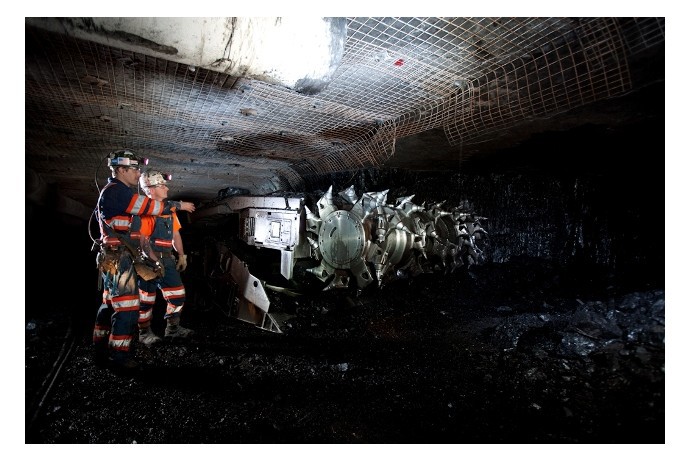 PEABODY ENERGY CORPORATION Underground in the Twentymile Mine, one of three coal mines bought by Bowie last month. PEABODY ENERGY CORPORATION Underground in the Twentymile Mine, one of three coal mines bought by Bowie last month. Bowie Resource Partners, the Kentucky mining company behind plans to turn the Oakland waterfront into the largest coal export hub on the West Coast is rapidly expanding the number of mines it controls and the amount of coal it produces. On November 20, Bowie announced that it purchased three coal mines from Peabody Energy, the largest privately owned coal company in the world, for $358 million. The three new mines taken over by Bowie, which are located in New Mexico and Colorado, makes Bowie “the largest bituminous coal producer in the western United States,” according to a company press release, and will double Bowie’s coal production to 25 million tons a year. Bowie already owns three coal mines in Central Utah and one in Colorado. In April, four Utah counties obtained tentative approval for a $53 million loan of Utah state funds to help finance construction of a bulk marine terminal at the Oakland Army Base redevelopment project. The money would ensure that Bowie has access to the Oakland marine terminal to ship its coal to overseas markets. See also: Banking on Coal in Oakland See also: Coal Attorneys Investigate Oakland City Council But in Oakland there is significant opposition to the planned dedication of the marine terminal for coal exports. Environmental, labor, and community groups are asking the Oakland City Council to block the coal export plan because of health and safety concerns. The proposed terminal would be built on city property, giving the city significant say in the future of the project. Bowie already exports about 5.7 million tons of coal each year from the ports of Stockton and Richmond, but capacity is limited at these locations, and for several years Bowie has sought a new location to grow its coal exports to Asia. In 2014, the Port of Oakland rejected a proposal from Bowie to build a massive coal export terminal at the Howard Terminal site in the Jack London district. Port commissioners cited the project’s environmental harms as the main reason for denying the request. Bowie is a privately owned company formed specifically to buy out and grow coal mining operations in the western United States. Several major banks and private equity firms have been financing Bowie’s rapid growth, betting that the company will be able mine and sell increasing amounts of coal to both domestic and overseas customers. In 2013, Bowie bought its central Utah coal and Colorado mines using borrowed money from Morgan Stanley and Deutsche Bank. Last month’s purchase of three more coal mines in New Mexico and Colorado was funded in part by an infusion of cash from an unnamed private equity firm. Bowie’s new, unnamed private equity owner replaces its existing private equity owner, a fund called the Galena Private Equity Resource Fund. Galena is owned by the multinational commodities trading corporationTrafigura, which is headquartered in the Netherlands. Under the deal announced last month, Bowie is no longer owned by Trafigura’s private equity fund Galena, but Trafigura remains in control of marketing Bowie’s coal exported from the US West Coast. Advising Bowie on this complicated deal were lawyers from the Holland & Hart law firm. As I reported in October, the Holland & Hart law firm is investigating Oakland’s elected officials due to their opposition to coal exports. http://www.eastbayexpress.com/SevenDays/archives/2015/12/01/company-behind-proposed-oakland-coal-terminal-is-growing-rapidly Before jetting off to Paris for this week’s star-studded global warming conference, Oakland Mayor Libby Schaaf and her staff finally hit upon a plan to solve her first local environmental crisis — how to stop coal from being shipped through the Port of Oakland. At issue is a proposal to ship Utah coal through the $250 million bulk cargo terminal being built — in part with public funds — by politically connected developer Phil Tagami at the old Oakland Army Base. Environmentalists — and Schaaf herself — say Tagami assured them that coal would not go through the terminal and have loudly opposed the plan. The question has been, what can they do about it? The answer: Declare coal a health hazard. “That is something the city is looking at,” Schaaf said before catching her flight to Paris. Her hopes rest chiefly on a single line in the deal struck with Tagami back in 2012 — while Schaaf was still on the City Council — that allows the city to modify the deal’s terms if the project puts either workers or neighbors “in a condition substantially dangerous to their health or safety.” City leaders have hired a consultant to come up with enough ammunition to prove that coal is indeed dangerous, and thus allow Oakland to adopt health regulations that would essentially make the coal deal unworkable. The city can’t impose new conditions retroactively, but Schaaf said the agreement with Tagami “recognizes that the development is subject to health regulations that may be subsequently adopted.” So “we do have the authority to go through the process and consider the adoption of health regulations,” Schaaf said. The mayor believes Oakland has the authority to act as long as Tagami hasn’t taken out the final permits for the project. He isn’t likely to do so until spring. Still, the city is walking a tightrope, trying to block the project without inviting a lawsuit from Tagami for interfering with a contract. Tagami was on vacation in Japan and unavailable for comment. But the attorney handling the cargo terminal project, David Smith, said Tagami’s people “are continuing to honor their commitment to the city under the agreement and look forward to the city doing the same.” Tagami has cut a deal to turn over the coal terminal operation to a newly created outfit, Terminal Logistics Solutions — headed by two former Port of Oakland executive directors, Jerry Bridges andOmar Benjamin. As part of the “arm’s-length contractual relationship’’ he has with Terminal Logistics, Tagami has said, the operators will decide what commodities the terminal will handle. He has made it clear, however, that he believes they do have the right to export coal. For his part, Bridges said Tuesday, “To pass legislation to get out of a commitment they already made doesn’t seem very business-friendly. There are enough real issues in Oakland that would create health and safety concerns, but our project is not one of them.” Bridges declined to say whether declaring coal a health hazard would be a deal killer — but he did say that coal, which accounts for half of U.S. commodity exports, would be a big part of what passed through the new cargo terminal. The city’s environmentalists, meanwhile, have apparently decided to take a wait-and-see attitude. Just before Thanksgiving, Earthjustice — a coalition of activists that includes the Sierra Club — said it was dropping its lawsuit against the city and Tagami challenging the project’s environmental review. “The city has telegraphed its intentions in a way it hadn’t done before,” Earthjustice attorney Irene Gutierrez said of Oakland’s possible move to block coal shipments. “We hope Oakland is going to do the right thing and live up to its progressive roots.” Super plan: If you’re planning on coming into San Francisco for the Super Bowl festivities, you’d better plan ahead — because getting there could be a Herculean play in itself. Organizers are expecting upward of a million people to pour into the city for the NFL Experience at Moscone Center and the Super Bowl City pop-up festival at Justin Herman Plaza in the week leading up to the big game Feb. 7. With all the construction going on, getting into the city is tough enough on a normal day. Plus, there are no plans for additional parking for people coming to Moscone or Justin Herman for the Super Bowl-related fun. 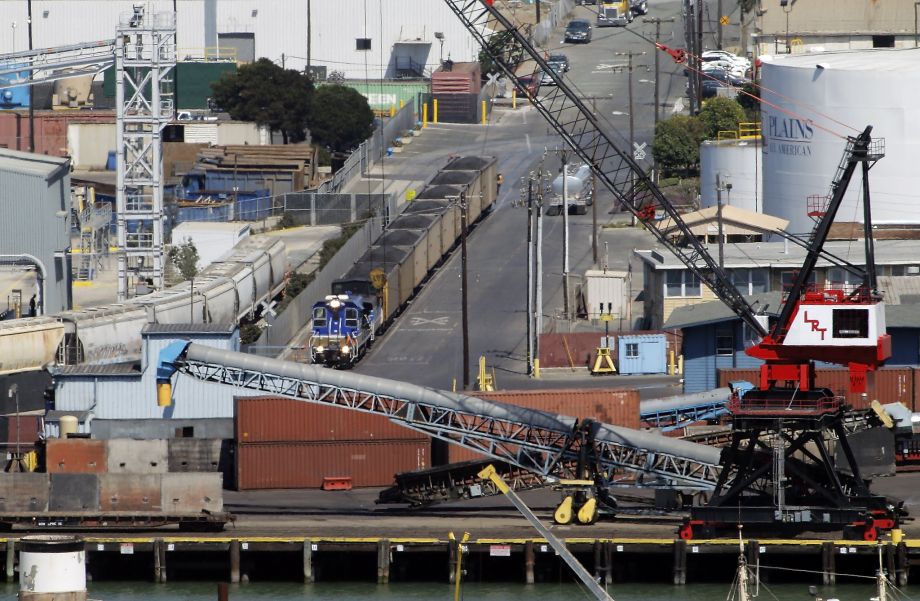 Photo: MLB.com A train loaded with coal approaches the Levin-Richmond Terminal in Richmond, Calif., on Thursday, July 23, 2015. A similar plan for a coal exporting operation has been proposed at the old Oakland Army Base by Oakland developer Phil Tagami and a company called Terminal Logistics Solutions. If anything, given the planned street closures and security, there will be less parking than what’s available now, which isn’t much.
As usual when big events come to the city, organizers are urging locals to take Muni and out-of- towners to take BART. However, it turns out that BART, which is already moving a record 230,000 people a day, may not be such an easy ride. For example, if you’re a family coming in from Stockton, the suggestion is to drive to Dublin, then hop on BART to the Embarcadero. Sounds simple, but thanks to the booming economy, most of BART’s 33 station parking lots are filled by 8:30 a.m. That includes Dublin. “We are using every space available,” said BART spokesman Jim Allison. “People can always go online and reserve a space for the day” for $6, or $9.50 at West Oakland, said Allison. “And I would advise, the sooner you do it, the better.” S an Francisco Chronicle columnists Phillip Matier and Andrew Ross appear Sundays, Mondays and Wednesdays. Matier can be seen on the KPIX TV morning and evening news. He can also be heard on KCBS radio Monday through Friday at 7:50 a.m. and 5:50 p.m. Got a tip? Call (415) 777-8815, or e-mail matierandross@ sfchronicle.com. Twitter: @matierandross http://www.sfchronicle.com/72hour-sale-event/article/Oakland-making-its-move-in-dustup-over-coal-trains-6668602.php |
Gene HazzardDon't Be Envious of Evil Men Archives
June 2024
Categories
All
|
- Home
- Sanjiv Handa
- Gene's Blog
- Rotunda RFP
- Gene Hazzard -Keeping eyes open
- Chronology of Tagami's scheme of Private-Public Partnership with City Projects
- Another Tagami scheme - Rotunda Building deal
- Oakland Army Base
- Billboards in Oakland
- Port of Oakland
- Oakland Raiders?
-
Who is running Oakland?
- Jerry Brown
- Don Perata
- Judge Robert B. Freedman
- Jacques Barzaghi
- Gawfco Enterprises
- Deception
- Doug Bloch
-
Phil Tagami
>
- SF Business Times November 20, 2005
- Rotunda wrestling
- A conversation with Oakland developer Phil Tagami
- Audit of $91 million Fox Theater project
- Tagami Conflict
- CCIG Response to Oakland Works
- Oakland developer Phil Tagami named to state medical board
- ‘Shotgun Phil’ hits another bullseye — with governor’s help
- CleanOakland Store
- CenterPoint Properties
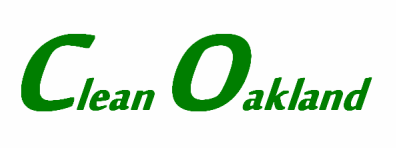
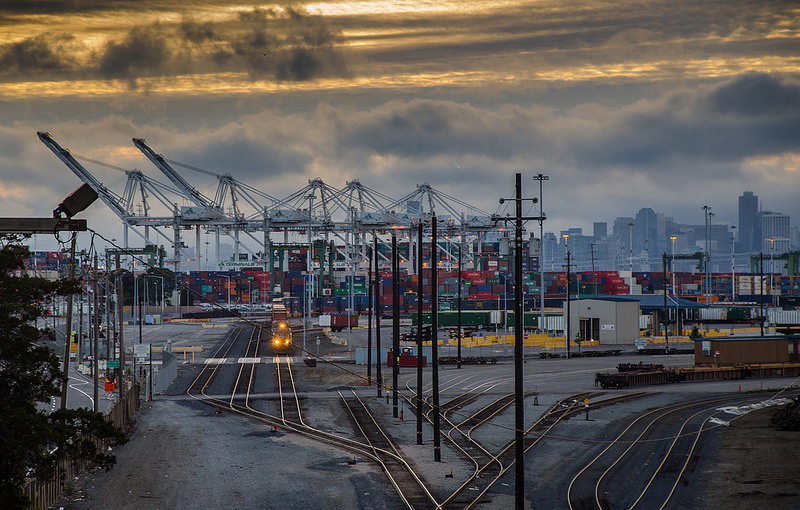
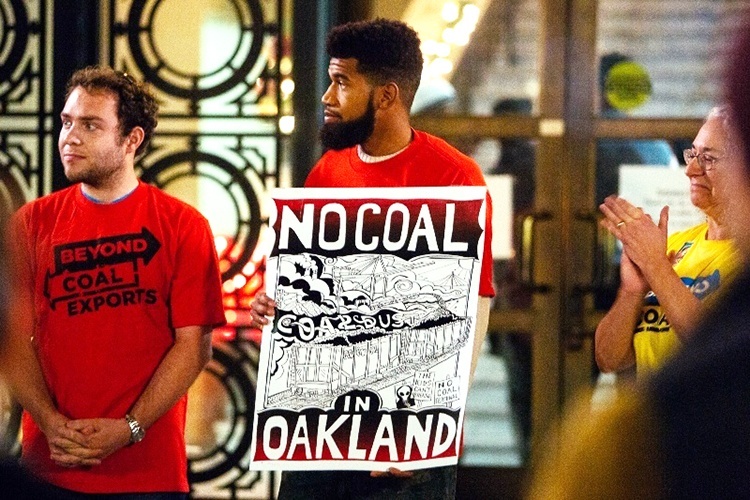
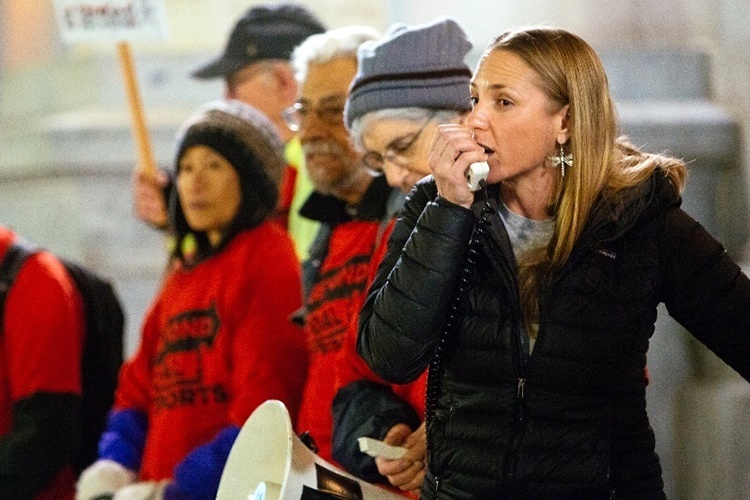
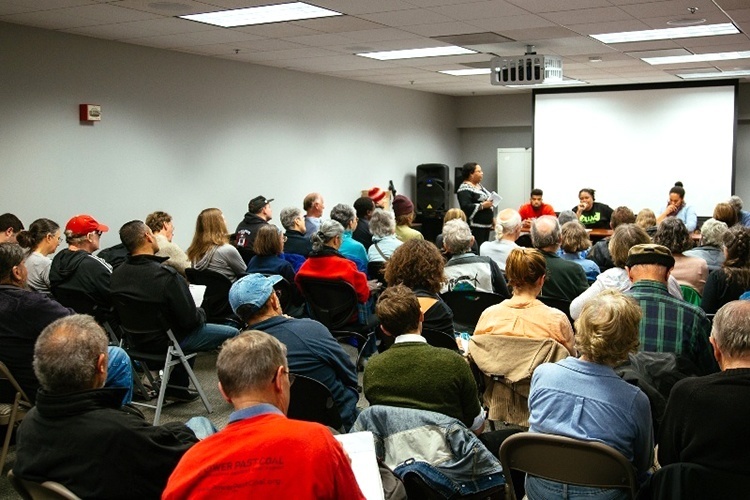
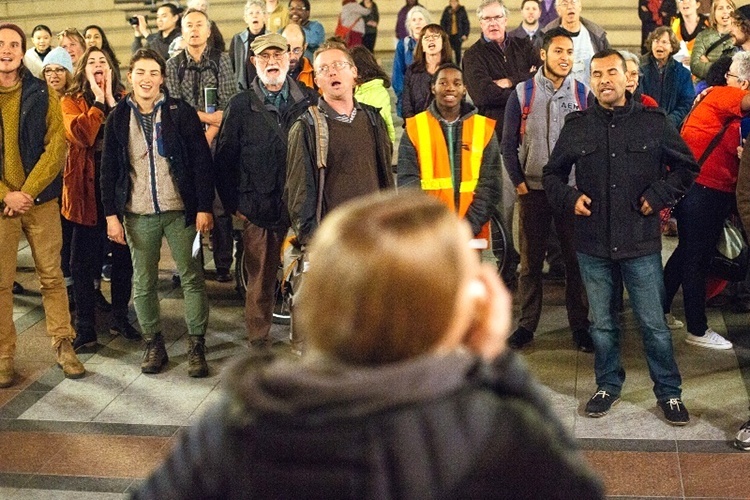
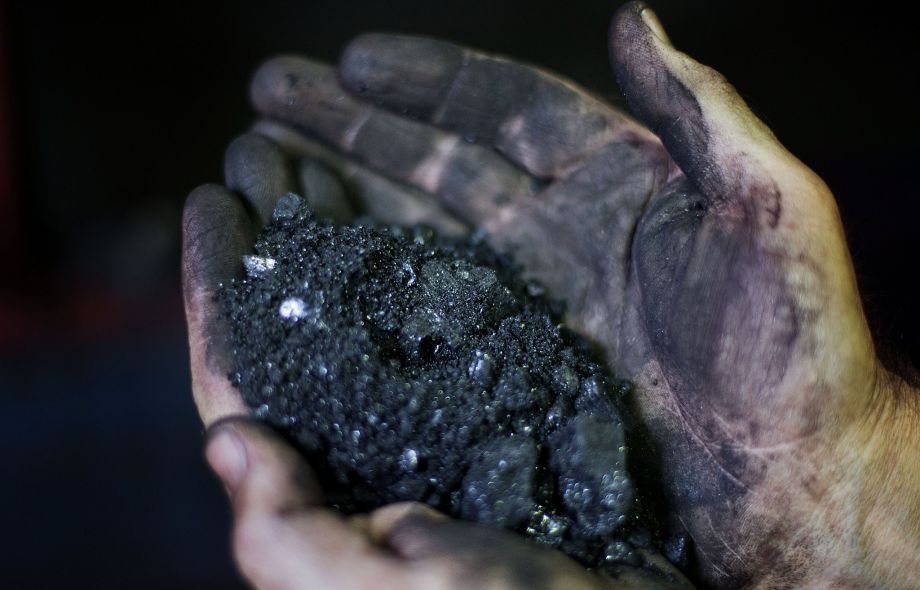
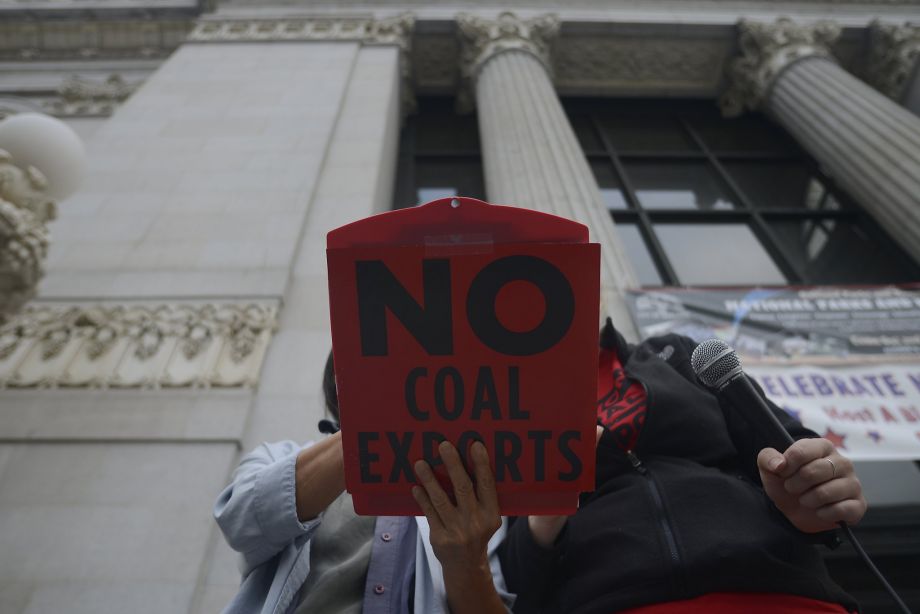
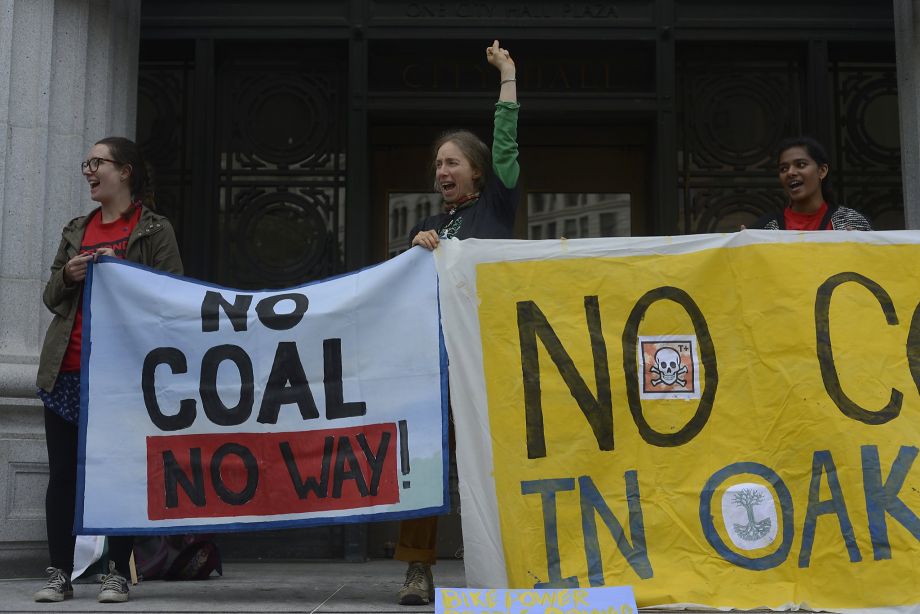
 RSS Feed
RSS Feed
